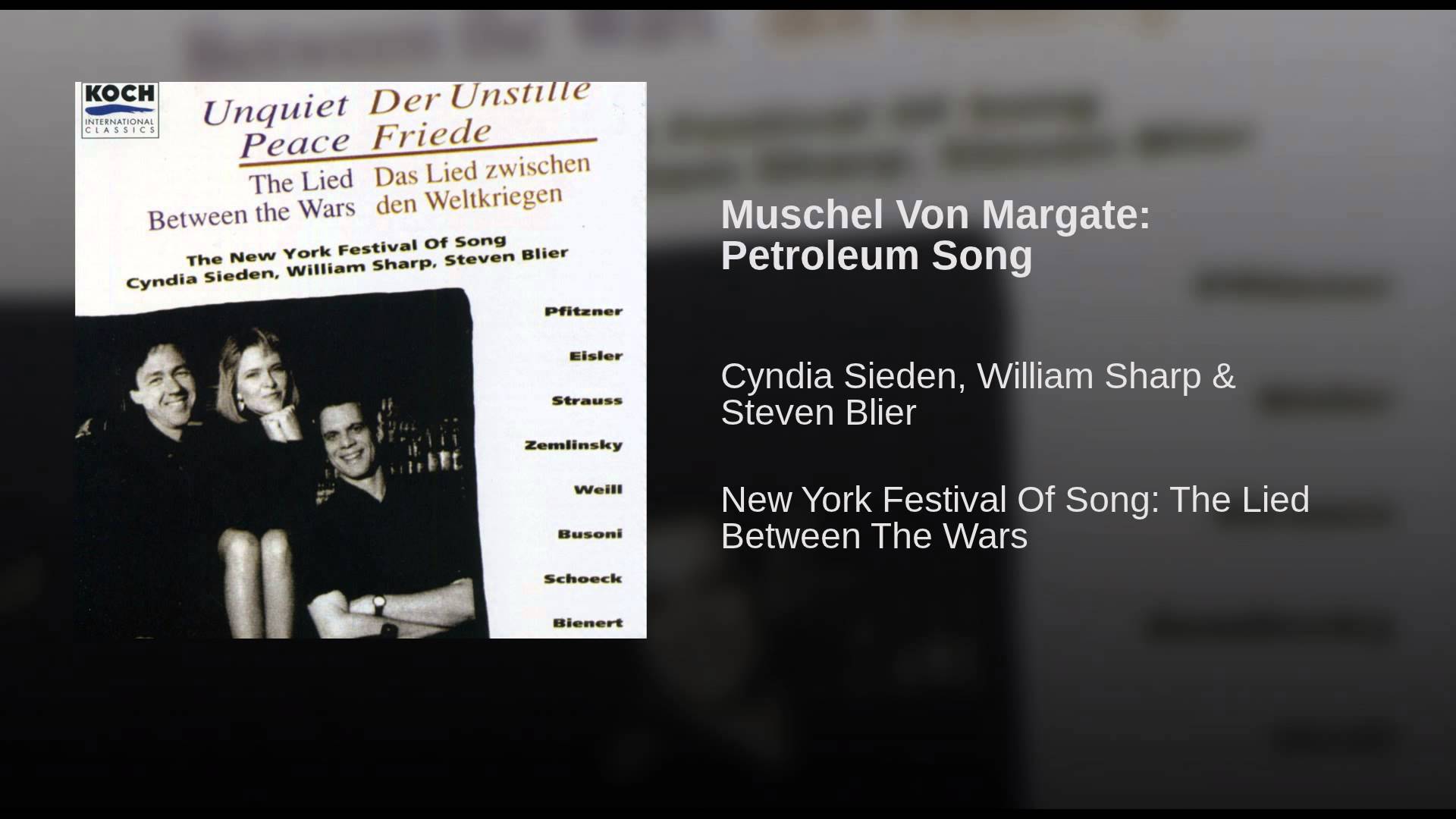I met Cyndia Sieden outside her voice lesson at Marlena Malas’s studio in 1982. She was a breath of fresh air—guileless and smart, an unbeatable combo. We seemed to fall into one another’s confidence instantly. I was fascinated by her name, which happens to be the same as that of a character in Massenet’s opera “Le roi de Lahore.” Only…it’s the baritone role. I pulled the LPs off Marlena’s shelf to show Cyndia, and the sight of her name attached to a picture of a glowering, mustachioed Sherrill Milnes made us laugh like kids. (Yes, it has a slightly different spelling in the opera. But still.)
30 minutes later I went in to play the lesson after Cyndia was finished vocalizing. The first thing I heard her sing was “O quante volte” from “I Capuleti ed i Montecchi,” Bellini’s version of “Romeo and Juliet.” I was smitten from the first note. Her sound was pure and instrumental but also sexy, like an angel who knows a thing or two. I looked at Marlena and blubbered something like, “Where is this girl from? Heaven?” Up till that day, Marlena had not allowed her to sing for anyone—she thought Cyndia wasn’t quite ready. But after that lesson, Marlena gave her the go-ahead.
Cyndia and I became quite close, seeing each other through the breakup of love affairs, the deaths of our parents, the stresses of our musical careers. And of course we have been together for the joys of life too. I was there when she sang her first performance of Lulu—at the Met. (Nothing like starting at the top. She was covering Christine Schäfer, who canceled.) I also heard her sail through fiendishly difficult Mozart concert arias with Christoph Eschenbach, filling Avery Fisher Hall with that uniquely unimpeded, free sound. Very high coloratura sopranos don’t usually radiate deep emotion, but Cyndia has always had a kind of melancholy in her timbre, fused completely into the soaring innocence. Elisabeth Schwarzkopf tried to breed it out of her—“You always sound sad”—but for me it is intrinsic to the allure of Cyndia’s music, a true chiaroscuro.
We did a lot of great concerts together, from Sequoia-country in California to the Concertgebouw in Amsterdam. But one of the oddities of our friendship is that we kept running into each other in all kinds of other places—Chicago, Paris, Barcelona, Tokyo—when we weren’t performing together. I’d be on tour with someone else and she’d be singing some opera in the same city. So we got to hang out together all over the world eating strange food (unbelievably salty tapas in Barcelona, writhing crustaceans skewered and thrown onto a Japanese grill in Tokyo), and being tourists together. We pulled up to our ryokan in Japan to see an awning that said: Dry Creaning. We reached for our cameras in unison. We shared a bed together—chastely—in Paris. And we gave our away-from-home trips a moniker: “Dull Tours.”
Cyndia and I only made one CD together, an album of German and Austrian songs called “Unquiet Peace: the Lied between the Wars.” Bill Sharp was her partner on the recording. Here’s one of the tracks: “Muschel von Margate,” a feisty protest song by Kurt Weill about the way conflicts over oil escalate into war. We performed this song in a recital at Pacific Lutheran University just before the first Gulf War broke out, and the presenter wanted to submit it for broadcast on NPR. “It’s so timely! With the war and everything!” “But the war hasn’t actually happened yet,” I protested. “Oh, not yet!” she exclaimed. “But it will! It will!” she said with maniacal glee. “And this way we can get PLU on national radio!” she exulted. Like every artist, I crave publicity. But in this case the media attention didn’t seem worth the bombs.
Even though Cyndia is singing about an octave under her money notes, her voice is on fire. She gives “Muschel von Margate” a very hot performance at my very brisk tempo (how could you sing this song any slower?). It still makes my blood race.
Here are the lyrics:
Die Muschel von Margate (“The Shell of Margate” or “The Petroleum Song”) [1928]
Music by Kurt Weill (1900-1950); libretto by Felix Gasbarra




4 words… Too fast try Stratas…